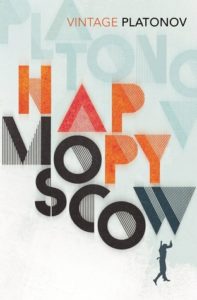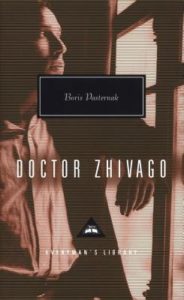 Title: Missing Person (Goodreads)
Title: Missing Person (Goodreads)
Author: Patrick Modiano
Translator: Daniel Weissbort
Published: Verba Mundi, 1978
Pages: 192
Genres: Literary Fiction
My Copy: Library Book
Buy: Amazon, Book Depository (or visit your local Indie bookstore)
I have been wanting to read Patrick Modiano; not only has he won a handful of awards, he is the recipient of the 2014 Nobel Prize in Literature. The Nobel was “for the art of memory with which he has evoked the most ungraspable of human destinies” but the committee also called him the “Marcel Proust of our time”. Unfortunately, not many of his novels have been translated from the French into English, despite the fact that he is so prolific (I counted six English translations prior to winning the Nobel Prize in Literature and a further eight since winning).
Missing Person appeared to be the perfect starting point for me, as it covered two elements that I am drawn to in literature, noir and philosophy. The novel follows Guy Roland, who was been working for Constantin van Hutte in his detective agency for the past eight years. As Hutte has decided to retire, Roland embarks on one last case, to find out who he really is. Guy Roland (a name given to him by Hutte) lost his memories during the war and is essentially a blank slate.
What drew me into this story was the cinematic style; it feels like a French film noir. The French title of the novel is Rue des Boutiques Obscures, which translates to the Street of Dark Shops. This is not a hard-boiled story, as Roland is not hard-boiled in anyway; this is what I would probably call existentialist noir. A perfect blend of the mysterious setting; dark cafes and plenty of wine and cigarettes. With the enhanced feeling of being completely lost, as Roland tries to find out who he really is.
“The sand holds the traces of our footsteps but a few moments.”
Essentially this is a novel exploring the ideas of identity and memories. I like the way Modiano played with the idea of a blank slate. What defines this person? What makes up this man’s character, and will what defined him in the past return to him? An exploration into the way people remember you and how that shapes your character and personality. Roland tries on different personas; in his investigation he may not discover who he really is but he adopts this ideas of people to see if it feels right or sparks a memory. The way memory plays out in the novel is particularly interesting; in one scene he recalls a love affair with a woman, but fifteen years after the breakup she denies that it ever happened. So you are left wondering if it did happen, or is this a distortion of the truth or maybe even a suppression of her past.
This is the type of novel you do not read for the plot. Missing Person is meant to explore an idea, invoke an emotion and get you thinking about identity and memories. The pulp-ish style to this novel really worked for m., I love the idea of investigating yourself; playing with the idea of self-discovery and identity. I will be exploring more from Patrick Modiano; in particular I want to try his novel Honeymoon. I am glad I read Missing Person and I have not been able to stop thinking about the ideas explored in this novel.

 Title: Harlequin's Costume (
Title: Harlequin's Costume ( Title: Happy Moscow (
Title: Happy Moscow ( Title: Dr Zhivago (
Title: Dr Zhivago ( Title: Pale Fire (
Title: Pale Fire ( Title: The Meursault Investigation (
Title: The Meursault Investigation ( Title: The Dead Lake (
Title: The Dead Lake ( Title: Treading Air (
Title: Treading Air ( Title: Don Quixote (
Title: Don Quixote ( Title: Mr. Splitfoot (
Title: Mr. Splitfoot (